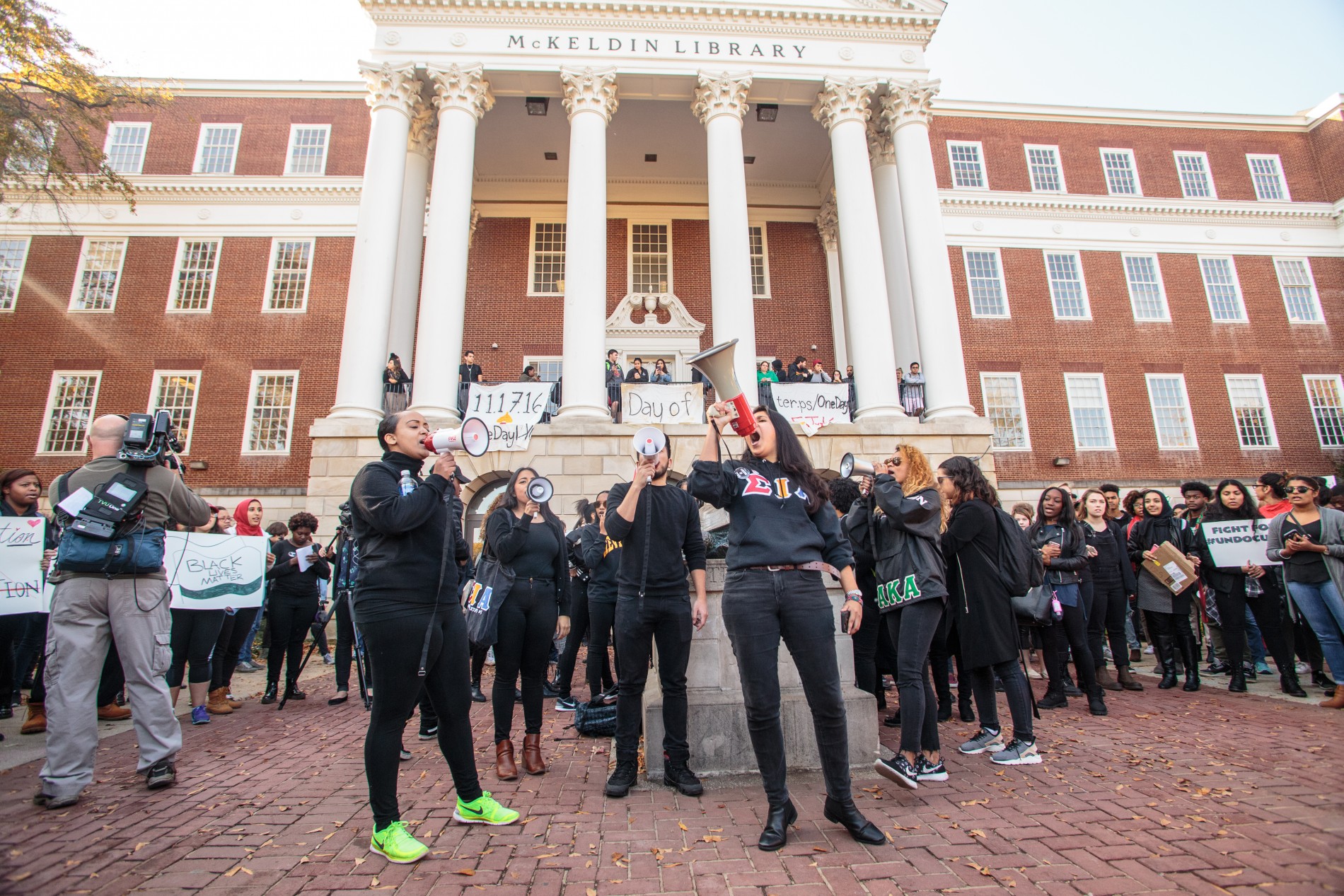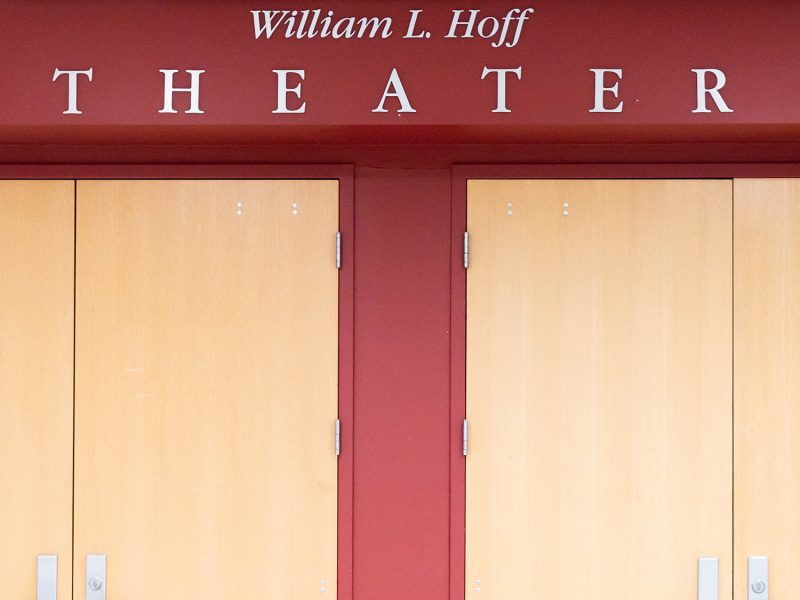Views expressed in opinion columns are the author’s own.
Second Lt. Richard Collins, a black Bowie State University student, was killed last May on the University of Maryland campus. Prosecutors indicted Sean Urbanski, a white former student at this university who belonged to a white supremacist internet group, on murder and hate crime charges. Following Collins’ death, this university’s admissions department received several letters from black applicants who had been accepted to this university but chose not to enroll because of safety concerns. The administration has failed to respond to Collins’ murder with appropriate force.
[Read more: After Richard Collins was killed at UMD, some black applicants aren’t enrolling]
Although a murder possibly based on race should be enough to reveal that our university community must become a more inclusive place, there have been other incidents that support the need for serious reforms. During the 2016-17 academic year, white nationalist posters appeared on campus at least five times and a noose was hung in a fraternity house. Last semester, there were at least 15 confirmed hate bias incidents, including the drawing of swastikas on campus buildings.
Together, these incidents reveal a serious problem of hate on this campus, and the university must respond more strongly than it has thus far.
In November 2016, 25 student organizations joined together under the name ProtectUMD and issued 64 demands to university administration. These demands aimed to make our community more inclusive to marginalized students. However, many of ProtectUMD’s demands have not been implemented, even following Collins’ murder.
Some of these demands, and other similar policies, should be immediately enacted to make the university safer for marginalized students. ProtectUMD demanded that all SGA-recognized and Greek organizations conduct diversity training for their members.
[Read more: ProtectUMD issues 4 more demands in response to Loh’s action plan to combat hate]
Not only should this demand be fully implemented, it should be expanded to include the entire student population. Currently, incoming freshmen are required to take online alcohol training, and all new students are required to take similar training to prevent sexual misconduct. A training on diversity and inclusion should be added to the list in order to help new students recognize the role they play in creating a safe and welcoming environment for everyone.
Furthermore, ProtectUMD demanded that the Diversity and Cultural Competency component of the General Education requirement be revamped to ensure students understand privilege, oppression and marginalized groups. There are currently a wide variety of courses that can be used to meet this component, some of which do not address these issues.
For example, students can take EDSP 376: Fundamentals of Sign Language, which should enable them to communicate with members of the deaf community; however, unless this course also serves to help students understand how disabled people are oppressed and marginalized, it should not be allowed to fulfill this requirement.
These measures are merely a starting point. Many of the demands from ProtectUMD would go further to make the university a more inclusive place for all students. With black applicants afraid to enroll at this university because of recent hate-based incidents, the university administration has to start somewhere in making this campus more inclusive.
Mitchell Rock is a senior government and politics and physiology and neurobiology major. He can be reached at mrock13@umd.edu.



